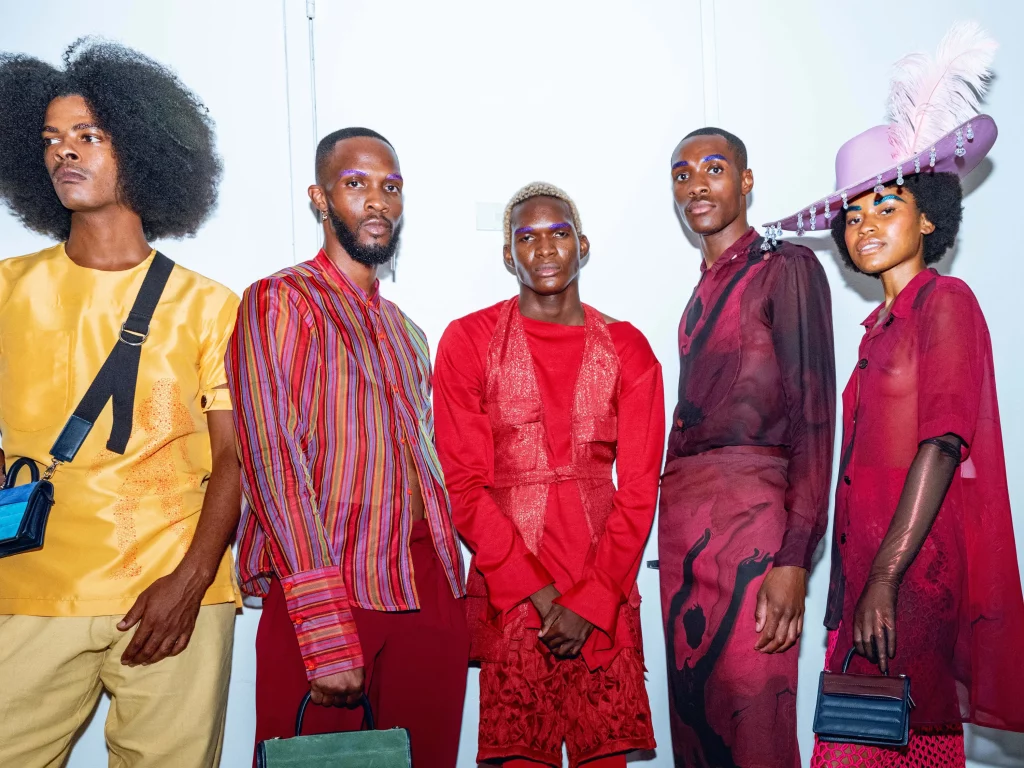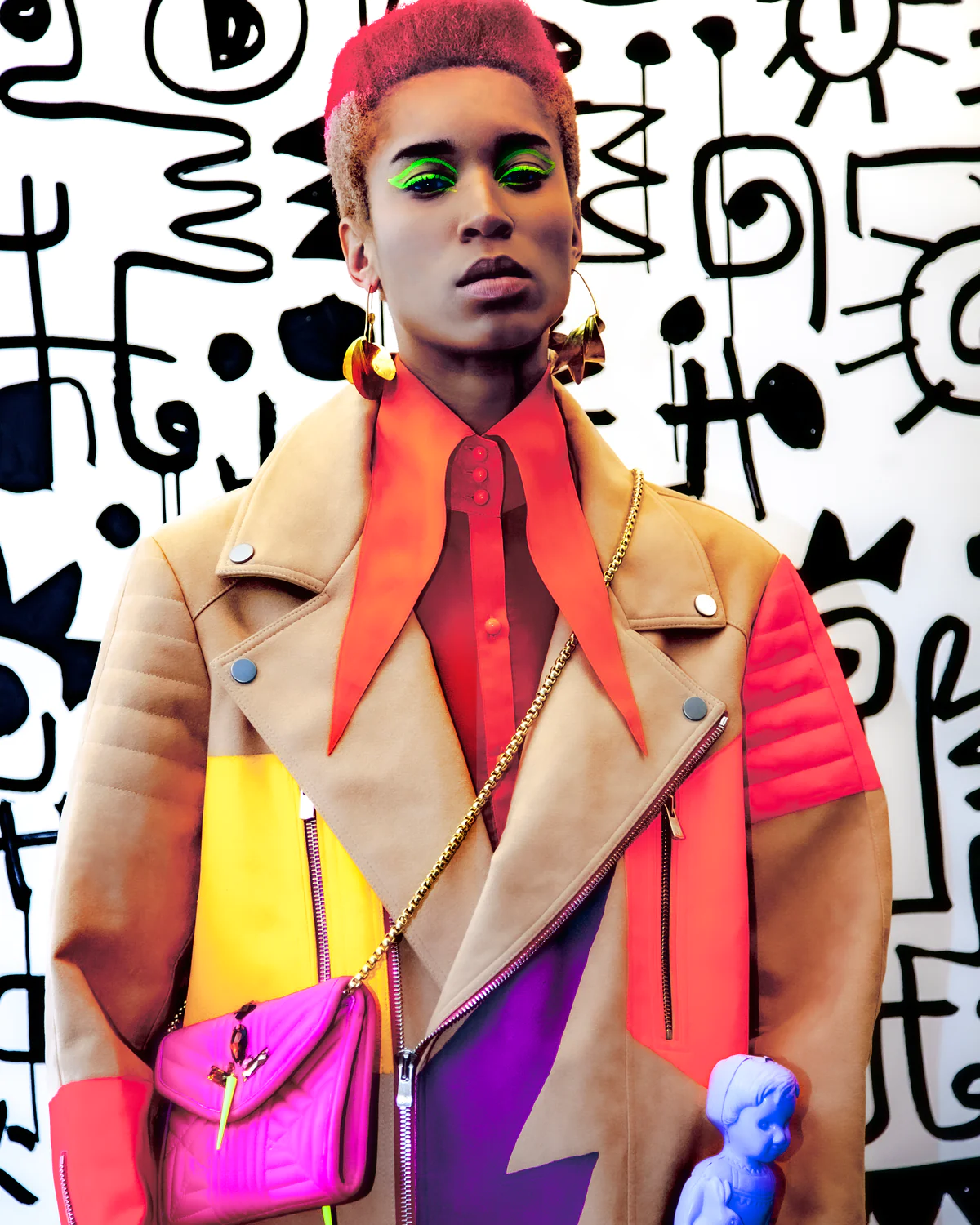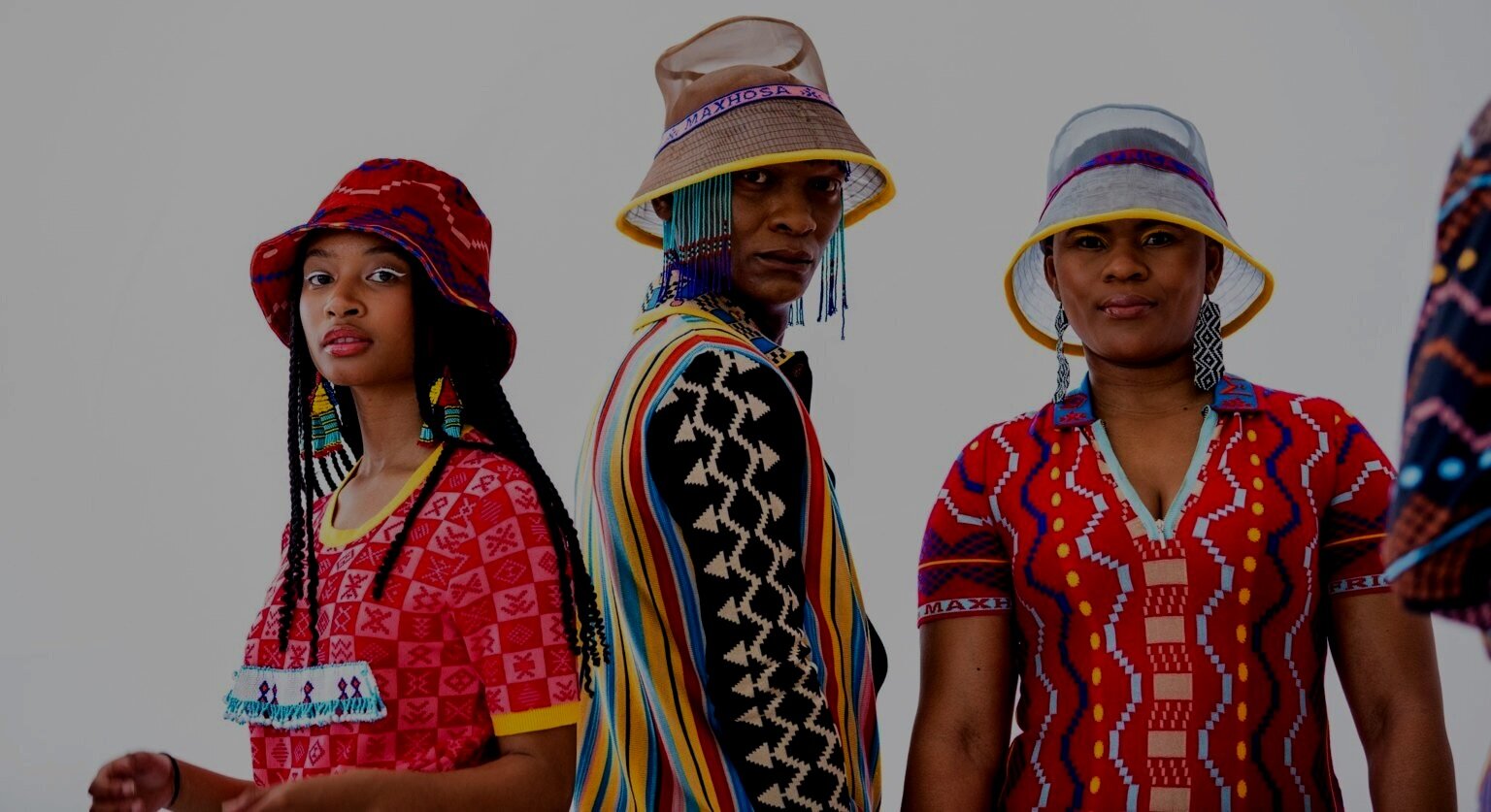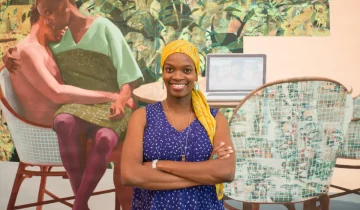Introduction
Sustainable fashion refers to the creation and promotion of clothing, shoes, and accessories that prioritise the environment and social responsibility. It encompasses the entire life cycle of a product, from design and production to consumption and disposal. The global fashion industry has long been associated with environmental degradation and exploitation of labor. In recent years, however, there has been a growing interest in sustainable fashion, with African designers taking the lead in this movement.
In this blog journal, we will explore the history of African fashion and its relationship with sustainability, current trends in sustainable African fashion, and notable African designers championing the cause. We will also discuss the challenges faced by African designers in promoting sustainable fashion, the role of governments, NGOs, and the private sector in supporting this movement, and the potential for African fashion to influence global sustainable fashion trends.
The history of African fashion and its relationship with sustainability
African fashion has a rich history rooted in traditional materials, techniques, and cultural values. Many African societies have long prioritised sustainable practices in their clothing production, using natural fibres such as cotton, silk, and raffia. Traditional African textiles, like kente from Ghana and Bogolanfini from Mali, were produced using eco-friendly dyes and weaving methods. These practices have laid the foundation for modern African fashion’s focus on sustainability.

Introduction | Adebayo Oke-Lawal ©Vogue
The cultural values of sustainability in African societies can also be seen in the concept of Ubuntu, which emphasises interconnectedness and collective responsibility. This philosophy extends to fashion, where designers prioritise the well-being of their communities and the environment.
African fashion has increasingly influenced the global stage, with traditional patterns and techniques gaining international recognition. This influence has paved the way for African designers to play a significant role in promoting sustainable fashion worldwide.
Current trends in sustainable African fashion
Contemporary African designers are embracing sustainability by incorporating eco-friendly materials and production methods in their work. Some designers use organic cotton, bamboo, and recycled materials to create stylish, environmentally-conscious pieces. Others focus on using traditional, low-impact dyeing and weaving techniques that minimize waste and pollution.
In addition to utilizing sustainable materials, African designers are also promoting local craftsmanship and artisanal skills. This approach fosters economic development and cultural preservation within their communities, further highlighting the importance of sustainability in African fashion.
African designers have also gained prominence by collaborating with international brands and organizations. These partnerships enable African designers to showcase their work on a global platform and contribute to the development of sustainable fashion practices worldwide.
Notable African designers championing sustainable fashion
Several African designers have made significant strides in promoting sustainable fashion. Some of the most notable include:
- Amaka Osakwe (Nigeria): Osakwe is the creative force behind the Maki Oh brand, known for using traditional African textiles and techniques in her designs. She is committed to ethical production methods and promoting local artisans.
- Mimi Plange (Ghana): Plange’s eponymous brand combines sustainable materials with traditional African craftsmanship. She has collaborated with major brands like Manolo Blahnik and has dressed influential figures such as Michelle Obama.
- Laduma Ngxokolo (South Africa): Ngxokolo’s brand, MaXhosa, showcases vibrant patterns inspired by Xhosa culture while using sustainable materials like mohair and wool.
- Adebayo Oke-Lawal (Nigeria): Oke-Lawal is the founder of Orange Culture, a gender-fluid clothing brand that promotes sustainability through the use of eco-friendly materials and ethical production practices.
- Imane Ayissi (Cameroon): Ayissi’s luxury fashion brand focuses on using organic and recycled materials, incorporating traditional Cameroonian craftsmanship while adhering to sustainable principles.

Introduction | Mimi Plange ©MimiPlange
These designers have not only made a significant impact on sustainable fashion within Africa but have also contributed to the global movement towards more environmentally and socially responsible fashion practices.
Challenges faced by African designers in promoting sustainable fashion
Despite their efforts and successes, African designers face several challenges in promoting sustainable fashion. Limited access to eco-friendly materials and resources can hinder their ability to create sustainable products. Additionally, the high production costs associated with sustainable practices can make it difficult for designers to remain competitive in the global market.
Low consumer awareness and demand for sustainable products also present a challenge. Many consumers may not fully understand the importance of sustainability in fashion or may be unwilling to pay a premium for eco-friendly items. This lack of demand can limit the growth of sustainable fashion within Africa and beyond.
The role of governments, NGOs, and the private sector in supporting sustainable African fashion
To overcome these challenges, the support of governments, NGOs, and the private sector is essential. Governments can implement policies and initiatives that promote sustainable fashion practices, such as providing incentives for eco-friendly production methods or requiring transparency in supply chains.
NGOs and private sector organizations can offer funding and resources to African designers and fashion entrepreneurs, helping them access sustainable materials and develop their businesses. Collaborations between the African fashion industry and international organizations can also facilitate knowledge sharing and promote sustainable practices on a global scale.
Conclusion
African designers have played a significant role in shaping the future of sustainable fashion. By drawing from their rich cultural history and embracing modern eco-friendly practices, they have positioned themselves as leaders in the movement towards a more environmentally and socially responsible fashion industry.
The potential for African fashion to influence global sustainable fashion trends is immense. However, continued support and promotion of sustainable practices in African fashion are essential to ensure the long-term success and impact of this movement.
Governments, NGOs, and private sector organizations have a crucial role to play in fostering the growth of sustainable African fashion, and their support will be vital in helping African designers overcome the challenges they face and continue leading the way in sustainable fashion.
The sustainable fashion movement is gaining momentum worldwide, and African designers are at the forefront of this change. By incorporating traditional techniques, eco-friendly materials, and promoting local craftsmanship, they have demonstrated the potential for African fashion to lead the way in sustainability.
Despite the challenges they face, the impact of African designers on the global sustainable fashion landscape is undeniable. With the continued support of governments, NGOs, and the private sector, these designers can help transform the fashion industry into a more environmentally and socially responsible entity.
The future of sustainable fashion depends on the efforts of designers, consumers, and organizations working together to prioritize the well-being of our planet and its inhabitants. By supporting and promoting African designers and their commitment to sustainability, we can help ensure a brighter future for fashion and the environment.
FAQ
What is sustainable fashion and why is it important?
Sustainable fashion is the creation and promotion of clothing, shoes, and accessories that prioritize the environment and social responsibility. It is important because it helps reduce the negative environmental impact and exploitation of labor associated with the fashion industry.
What is sustainable vs eco fashion?
Sustainable fashion encompasses the entire life cycle of a product, including design, production, consumption, and disposal, while eco fashion focuses primarily on the use of eco-friendly materials and production methods.
Is sustainable fashion really sustainable?
Sustainable fashion can be more sustainable than traditional fashion practices, but it is essential to critically evaluate the materials, production methods, and supply chains to determine the true sustainability of a product.
Who is the most famous black designer?
There is no definitive answer, as there are many successful black designers. However, some notable black designers include the late Virgil Abloh(R.I.P), Olivier Rousteing, and Tracy Reese.





 No products in the basket.
No products in the basket.